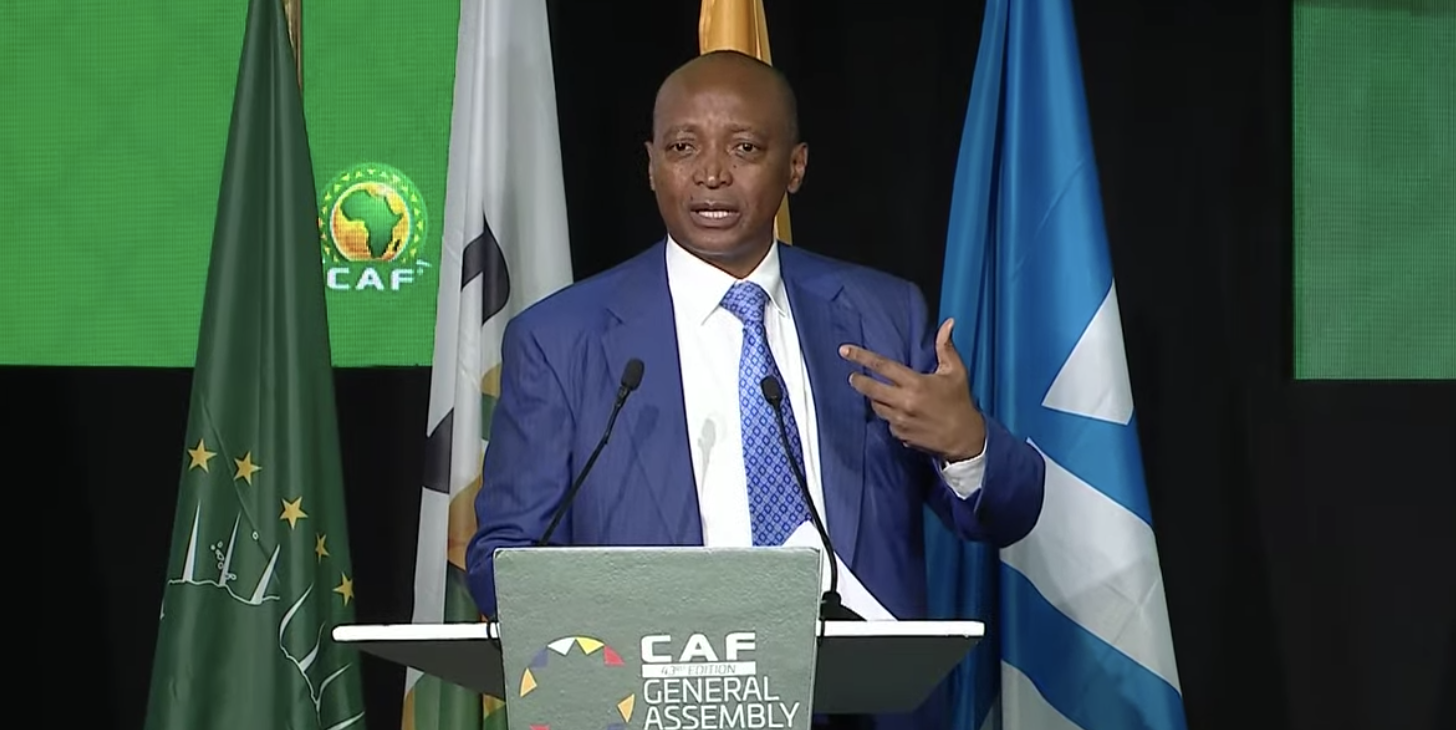May 5 – In a shock ruling under its new president Patrice Motsepe (pictured), the Confederation of African Football (CAF) has banned 20 of its 54 member countries from using their stadiums to host international matches because they don’t meet “minimum requirements”.
The move, which appears to have taken the Continent by surprise, potentially throws next month’s World Cup qualifiers into disarray.
Eight of the 40 teams competing for places in Qatar are now without a venue to play their home qualifiers after their stadium accreditations were revoked by CAF. Among those due to play key fixtures starting June 5 are Senegal, the top-ranked team in Africa, and Mali.
Senegal’s 60,000-seat Stade Léopold Senghor in Dakar is closed for renovations and a stadium in the city of Thies that the national team used for recent games has not been approved. Mali’s 50,000-seat Stade du 26 Mars in Bamako also hasn’t been accredited, leaving both countries without an approved venue.
Countries without any accredited stadiums have been given until Friday by CAF to organise neutral venues for what were meant to be their home games, with the added complication of the coronavirus pandemic.
The other teams in World Cup qualifying to have their stadiums banned are Burkina Faso, Niger, Central African Republic, Liberia, Malawi and Namibia.
Sierra Leone is also hit though not in terms of World Cup qualifying. It was due to host Benin in a delayed African Cup of Nations qualifier next month to decide the final team for that tournament.
Their original decisive qualifier in March was controversially postponed because of a row over Covid-19 tests, but now the rescheduled fixture can’t go ahead either.
Among the reasons given by CAF for the wide-ranging ban are sub-standard pitches, “poor and inadequate” dugout areas for team officials and the lack of fixed seating for fans.
Motsepe, a South African mining billionaire who owns Pretoria-based club Mamelodi Sundowns, was elected unopposed as the leader of African football in March with the support of FIFA president Gianni Infantino.
He clearly orchestrated the ban which has left many countries facing the tightest of deadlines to find alternative venues or somehow upgrade their own stadiums before the first set of matches.
Contact the writer of this story at moc.l1713541104labto1713541104ofdlr1713541104owedi1713541104sni@w1713541104ahsra1713541104w.wer1713541104dna1713541104

